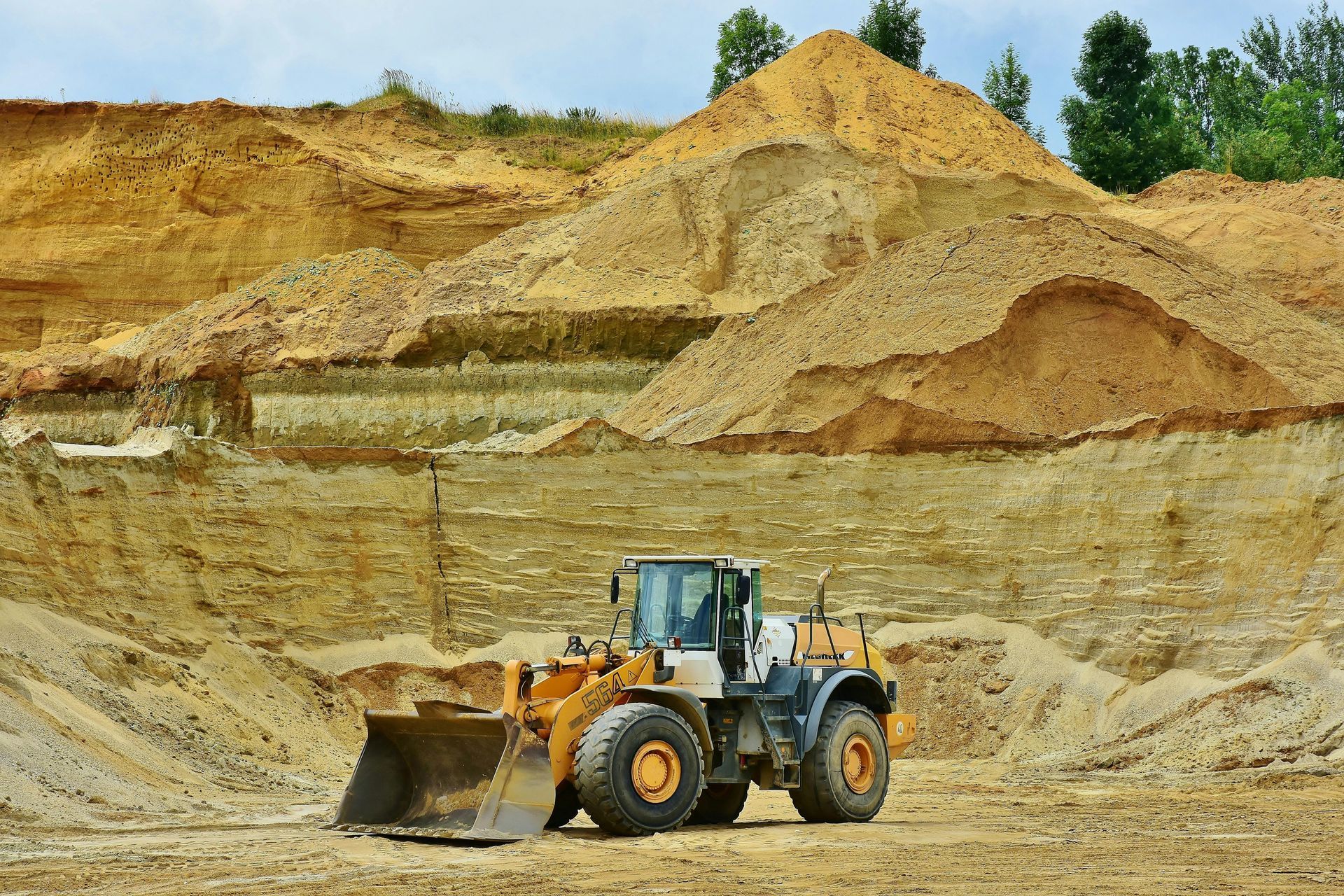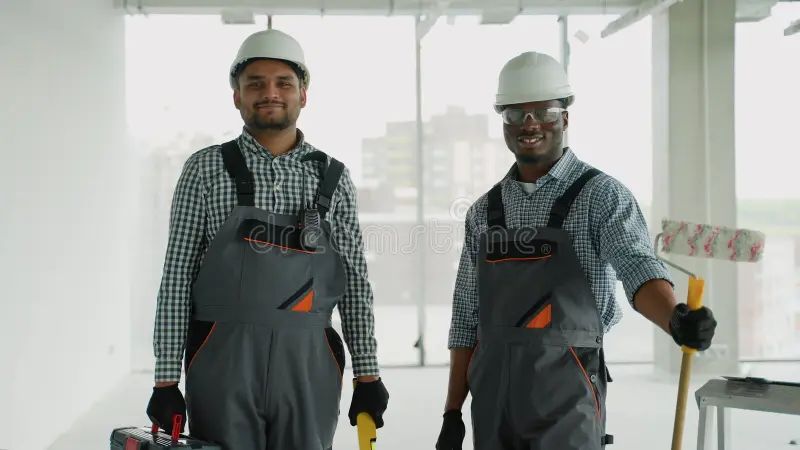Targeted HR Consulting Within the Mining Industry
Targeted HR Consulting Within the Mining Industry

Enriched with a wealth of natural resources, the United States has long invested in the growth and development of the mining sector. While the past saw a booming industry in the discovery of resources like gold and oil, the mining sector has since shifted its focus to the extraction and finding of new deposits of these resources. Continuing to be the foundation of many local economies, mining provides careers on a multifaceted level.
A Career in Mining
From goods and services to industry organization, extraction and finding expedition, mining offers specialized careers across a vast spectrum of job opportunities. When finding Mining Jobs Near Me Targeted HR employs specialist recruiters who have industry experience and knowledge to ensure that you are placed in the right position with the right company for you. With mining jobs being heavily concentrated in specific parts of the United States because of the location of mining deposits, having a dedicated Talent Acquisition company to assist in your job hunt is essential. Keeping in mind that approximately 80% of mining establishments in smaller, more rural locations employ fewer than 20 workers, finding an in and making an impression on these companies can prove to be challenging. Having said that, larger corporations and companies who employ workers for overseas mining interests usually require an introduction from a company they can trust. Because of this Targeted HR has built and developed relationships with key employers within the mining sector in order to supply top quality recruits who are seeking career growth and sustainability.
Careers Within the Mining Sector
Requiring many kinds of workers with numerous skills levels, the mining sector offers an exciting career path for many school leavers and experienced workers alike. Professional occupations such as petroleum technicians, mining and geological engineers, drafters and technicians require specialized degrees and experience. For the most part, Jobs For Mining Engineer can be challenging, with many companies preferring to work hand in hand with talent recruitment companies who have prescreened and interviewed candidates. This negates the guesswork for the hiring company and ensures that only topshelf employees who fit within the company’s specific ethos are employed.
Employment of extraction, transportation, material moving, operators and miners are usually more freely available to those who are looking to enter into the Mining Sector. Having said that, a one on one recruitment process directly with a company can often be confusing, time consuming and may leave one or both parties feeling like they have not covered all aspects of the contract. Targeted HR strives to not only supply potential employees with the opportunity to work within their desired company, but simplifies the recruitment process for both parties. With the mining sector looking to reduce employment change by 14% per year, working with Talent Acquisition companies who are able to source employees that require career growth within one company has become a primary focus.
Mining Sector Employment Crisis
Despite figures showing an overall decline in positions available within the mining industry, the sector has a serious shortfall of experienced workers. With many experienced workers expected to go on retirement in the coming years at a time that stats show industry expansion, companies face the risk of not coping with the loss of workers. Because of this, Targeted HR has partnered closely with companies in the mining sector to ensure that the best potential workers are encouraged to remain within the industry whilst upskilling into trained, experienced professionals. With Targeted HR, you are offered not only the opportunity for employment but for industry growth and career sustainability.


